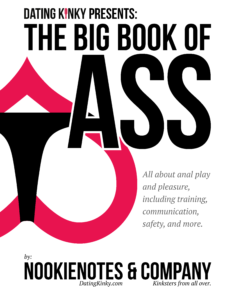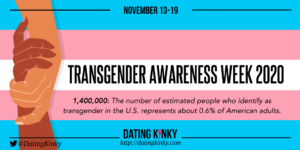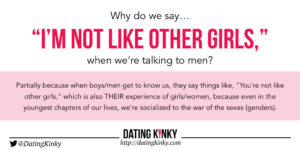A friend asked me some months ago to write a piece on gaslighting. I’ve avoided it successfully three or four times that’s come up in my writing queue.
Why?
I’m not sure.
But I’ve had a few experiences over the past months that give me inspiration on how to present it.
“Your words make me feel sad.”
Gaslighting:
I didn’t say that. (When they did say exactly that.)
You’re imagining things.
Why would I say that?
Wikipedia says: Gaslighting is a form of manipulation that seeks to sow seeds of doubt in a targeted individual or in members of a targeted group, hoping to make them question their own memory, perception, and sanity.
That part I made bold is the key. Refuting their actual experiences and saying they didn’t happen or didn’t happen the way they thought they did, when they did happen in exactly that way.
I have been a victim of gaslighting. It’s horrible. Very little in my life has felt worse than doubting who I was as a human and doubting my own eyes and ears.
Invalidation:
Sad, you think that’s bad? What about my feelings? I feel wrecked.
You shouldn’t feel that way.
Just get on with it, you can push through.
Invalidation is often accomplished through denying, ridiculing, and ignoring another’s feelings. It carries the message that the other should not have those feelings.
Holding Your Space
You have a right to your feelings. I cannot see eye-to-eye with you, though. I will disengage.
Your feelings are valid. I did not mean that the way you interpreted it, here’s what I meant, does that change anything for you?
I did not use that word. (ONLY when this is true!) I used this word, and this is what it means to me. (“This is what it means to me” matters, when they repeated back to you a completely different word than the one you used.)
This is holding your space. Not allowing others to gaslight you or invalidate you through their own wounds or hurt or anger.
It is not accepting other’s views of you or allowing them to twist your words.
It is knowing what you meant and where your heart is at, and doing your best at all times to project that—without allowing other to take advantage of you.
It’s not putting everything you have into MAKING someone think the way you want them to about you (or about anything).
Hold your space.
Try to explain.
Try to bridge the gap.
Try to communicate.
And let them be, if needed. Let them go.
Everyone has a right to their feelings, and they have a right to choose their interpretations of your and other’s actions.
You have a right to hold your space. You know your reasons (and you will know you are wrong sometimes if you are honest with yourself, and you will apologize and make changes).
Holding your space does not mean stepping on others’ feelings and experiences. It means respecting and trusting your own.









